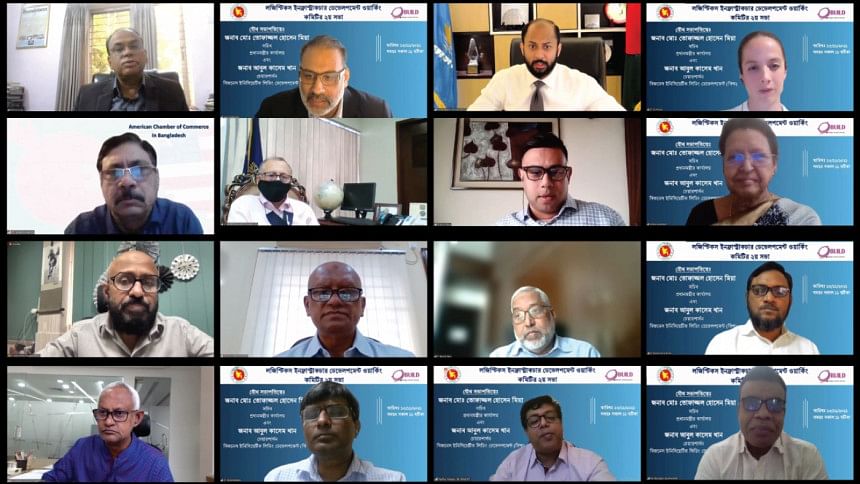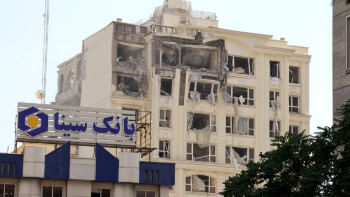‘Structural reform needed in logistics system’

Structural reform is required to mitigate key bottlenecks of the logistics system in Bangladesh as most of the private sector businesses are suffering from poor logistic supports, business leaders said today.
The logistics sector should be declared as a thrust sector besides a high priority sector and proper incentives should be declared to attract local and foreign investment, said Abul Kasem Khan, chairperson of Business Initiative Leading Development (BUILD), a public-private policy-making platform.
He was speaking at a virtual discussion on national logistic strategy jointly organised by the BUILD and Prime Minister's Office.
Khan also said the developing countries invest nine per cent to 10 per cent of their GDP to improve their logistics environment.
Success stories of China, India, and Vietnam stand out as best practices in logistics. The return on investment is one of the highest in the world, Khan said.
Syed Ershad Ahmed, president of the American Chamber of Commerce in Bangladesh (AmCham), said for proper utilisation of Pangaon Port and Dherasram Project which should be linked with temperature-controlled logistics. Some 98 per cent of the freight forwards operators in Bangladesh suffers from a lack of modern technology and equipment, he said.
Mahbubul Alam, president of Chattogram Chmaber of Commerce and Industry, said that there is no policy on the in-out time of container trucks in Chattogram.
The establishment of a central truck terminal may reduce the congestion stemming from this. Additionally, water connectivity may reduce over-dependency on the road, Alam at a statement of the BUILD.
Formulation and implementation of the National Integrated Logistics Policy or Master Plan could help attract investment and increase export competitiveness to realize the targets of the 8th Five Years Plan and Perspective Plan 2041, said Ferdaus Ara Begum, chief executive officer (CEO) of the BUILD.
Kabir Ahmed, president of Bangladesh Freight Forwarders Association, urged on proper utilisation and equipping of the Hazrat Shahjalal International Airport, one of the most important gateways to export for Bangladesh.
In her keynote paper, Tatiana Peralta Quiros, senior transport specialist of World Bank Group
said that logistics cost increases the overall production and business operation cost by 4.5-48 per cent.
Implementation of three initiatives like reducing dwell times at Chattogram Port and national highways congestion along with initiation of national logistics strategy would increase overall export of Bangladesh, she added.
Masrur Reaz, chairman of the Policy Exchange, said after graduation from the least developed country, Bangladesh will have to face the Most Favored Nation (MFN) duty of about 12 per cent if the country cannot succeed GSP+ situation.
He focused on the initiation and implementation of national logistics policy, logistics demand identification of the productions house (SEZ, EZ), priority sectors (TCL for agri and pharma sectors), and trade gateways on logistics.
Md Tofazzel Hossain Miah started by attesting that Bangladesh cannot move forward without supporting the private sector during this worldwide economic transition period. He added private sector is the engine of growth for Bangladesh.

 For all latest news, follow The Daily Star's Google News channel.
For all latest news, follow The Daily Star's Google News channel. 



Comments